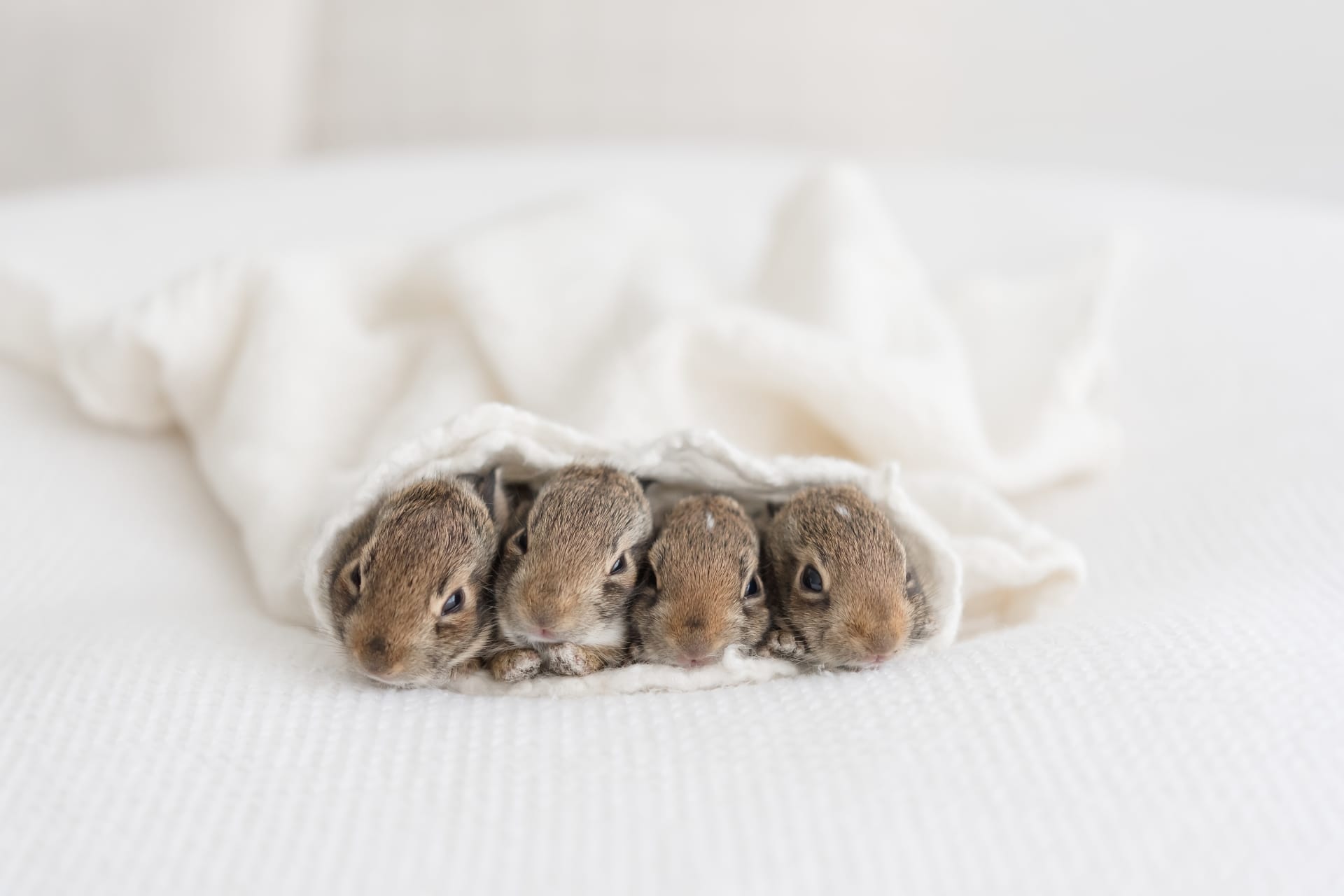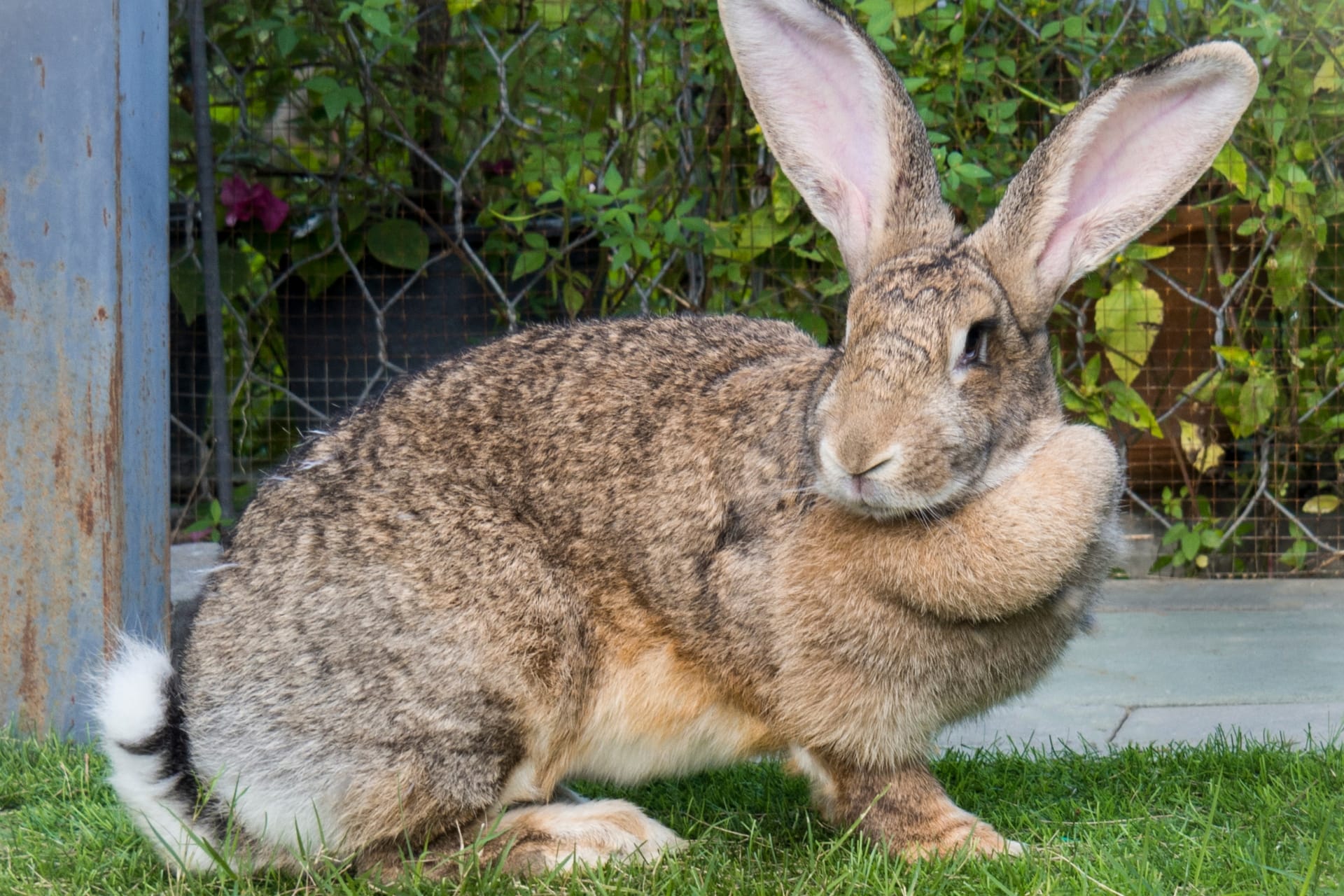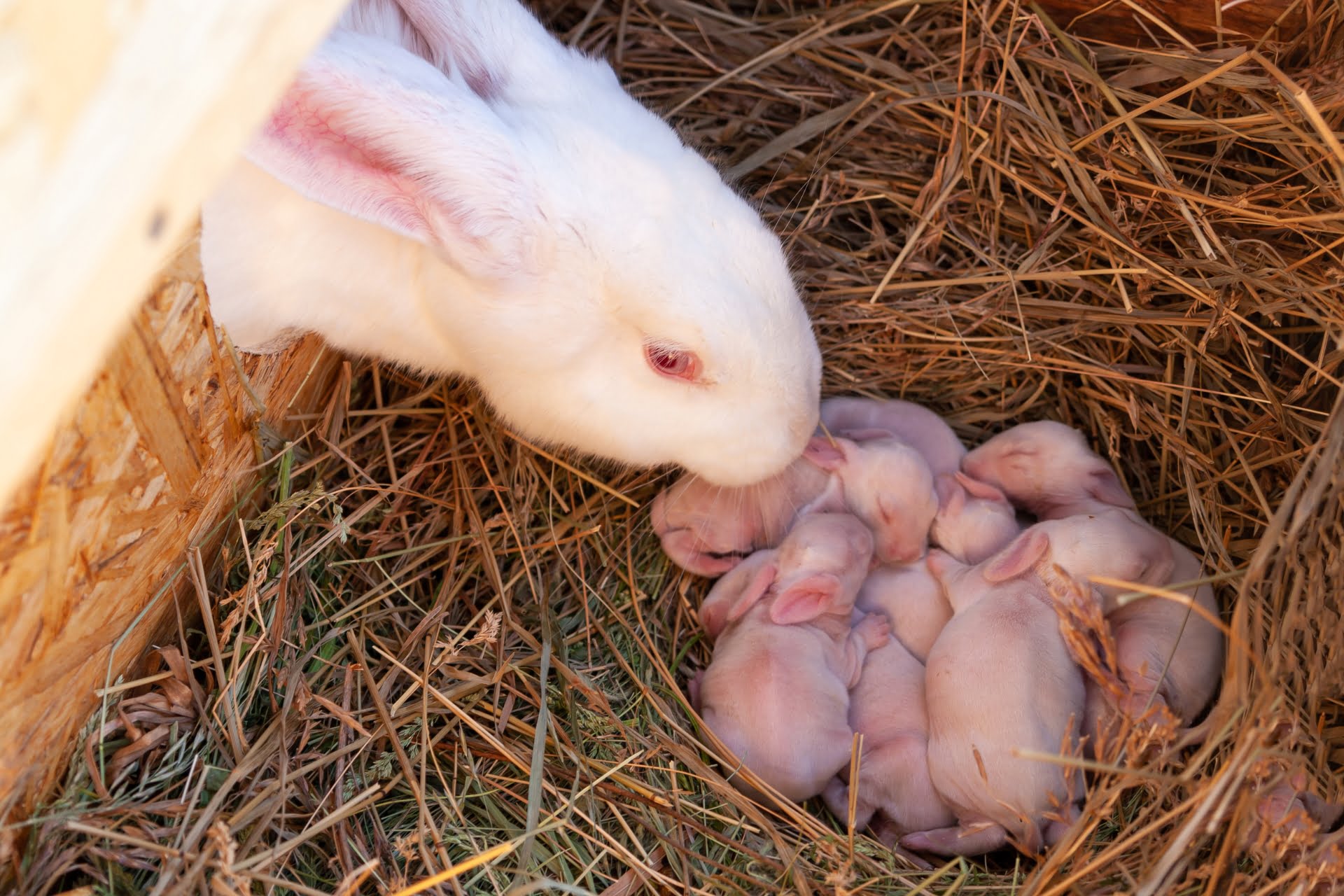TL;DR: The rabbit gestation period lasts 28–31 days, with key stages including fertilization, embryo implantation, fetal growth, nesting, and birth. Learn the signs of pregnancy, care tips, and see a visual timeline to prepare for your rabbit’s litter—no guesswork needed.
Why understanding the rabbit gestation period is a big deal
Rabbits are adorable and fascinating pets, but if you’re a rabbit owner, understanding their reproductive cycle is crucial—especially if you suspect your bunny might be pregnant. Whether you’re a first-time rabbit parent or an experienced breeder, knowing the gestation period of rabbits, the signs of pregnancy, and how to care for a pregnant rabbit is essential. A quick dive into these details can reveal if you’re ready to welcome a litter of kits or need to step up your care game.
Your rabbit’s health hangs in the balance
A doe (female rabbit) who’s pregnant needs specific care to ensure a healthy delivery. Without knowing the gestation timeline, you might miss critical signs of distress or fail to provide the right environment. Understanding the gestation period helps you keep your rabbit safe, fed, and happy—not just hoping for the best with a pile of hay.
Beyond the basics—getting the full picture
Sure, your rabbit might be eating more, but is that a sign of pregnancy or just a love for carrots? A deep understanding of the gestation period uncovers the details—nesting behavior, dietary needs, emergency know-how—that turn uncertainty into confidence. It’s your chance to see if you’re prepared before the kits arrive.
What is the rabbit gestation period?
The gestation period of a rabbit is the time between conception and birth, during which the doe carries her litter. On average, the rabbit gestation period lasts 28 to 31 days, though this can vary slightly depending on the breed, the doe’s health, and environmental factors. Smaller breeds may have slightly shorter gestation periods, while larger breeds may take a day or two longer.
Visual timeline of rabbit pregnancy stages
To make it easier to follow along, here’s a visual timeline of the key stages of rabbit pregnancy:
Day 1–7: Fertilization and Early Development
After mating, the eggs are fertilized, and embryos begin to develop. During this stage, the doe may not show visible signs of pregnancy.
Day 8–14: Embryo Implantation
The embryos implant into the uterine lining. You may notice slight behavioral changes in the doe, such as increased appetite or nesting behavior.
Day 15–21: Fetal Growth
The fetuses grow rapidly, and the doe’s belly may start to swell. You might be able to feel the kits by gently palpating the doe’s abdomen (consult a vet before attempting this).
Day 22–28: Final Preparations
The doe becomes more territorial and begins building a nest using hay, fur, and other materials. The kits are fully formed and preparing for birth.
Day 28–31: Birth (Kindling)
The doe gives birth to a litter of 4–12 kits, depending on the breed. Ensure a quiet, stress-free environment for the mother and newborns.
Signs of rabbit pregnancy
Recognizing the signs of pregnancy in rabbits can help you prepare for the arrival of the kits. Here are some common indicators:
- Nesting Behavior: Around day 22–28, the doe may start pulling fur from her body to create a nest.
- Increased Appetite: Pregnant rabbits often eat more to support the growing fetuses.
- Weight Gain: A noticeable increase in weight, especially around the abdomen, is a strong sign of pregnancy.
- Behavioral Changes: The doe may become more territorial, aggressive, or reclusive as her due date approaches.
- Palpation: A veterinarian or experienced breeder can gently palpate the doe’s abdomen around day 14 to feel for developing kits (do not attempt this without proper training).
If you’re unsure whether your rabbit is pregnant, consult a veterinarian for confirmation via ultrasound or physical examination.
How to care for a pregnant rabbit
Caring for a pregnant rabbit requires attention to her diet, environment, and health. Here are some essential tips:
1. Provide a nutritious diet
- Offer unlimited high-quality hay (e.g., Timothy hay) to support digestion and nutrition.
- Provide fresh vegetables, such as leafy greens, but avoid sudden dietary changes.
- Ensure access to fresh, clean water at all times.
- Consult a vet about adding a small amount of specialized rabbit pellets to her diet.
2. Create a quiet nesting area
- Set up a nesting box in a quiet, stress-free area of the rabbit’s enclosure.
- Fill the nesting box with soft bedding, such as hay or shredded paper, to encourage nest-building.
3. Minimize stress
- Avoid loud noises, sudden movements, or handling the doe excessively, especially in the later stages of pregnancy.
- Keep other pets or animals away from the pregnant rabbit’s space.
4. Monitor health
- Watch for signs of distress, such as lethargy, loss of appetite, or abnormal discharge, and contact a vet immediately if you notice any issues.
- Schedule a vet checkup to ensure the doe is healthy and prepared for delivery.
5. Prepare for birth
- Have supplies ready, such as clean towels, a heating pad (for emergencies), and a vet’s contact information.
- Be prepared for the possibility of complications, such as dystocia (difficult birth), which may require veterinary intervention.
How long are rabbits pregnant?
One of the most common questions rabbit owners ask is, “How long are rabbits pregnant?” As mentioned earlier, the gestation period for rabbits typically lasts 28 to 31 days. However, if the doe does not give birth by day 35, it’s important to consult a veterinarian, as this could indicate a problem, such as a false pregnancy or pregnancy complications.
Connect with other rabbit owners on Petme
Caring for a pregnant rabbit can be both exciting and challenging, especially if you’re new to rabbit breeding. To connect with other rabbit owners, share your experiences, and get advice, consider joining Petme, a leading pet social network. On Petme, you can create pet profiles for your rabbits, join discussions on rabbit care, and even share adorable photos of your new kits. Download the pet app from the links below and become part of a vibrant community of pet lovers!
Bonus: How do you share your rabbit pregnancy journey?
Turning experiences into insights
Once your rabbit has given birth, your experiences can fuel valuable insights for others. Sharing tips like “I set up a nesting box on day 22 and it worked perfectly” reflects what you learned—and succeeded at. Highlight what stood out—nesting tricks, diet adjustments—and keep it real.
Why it helps the next rabbit parent
Your words guide others—specifics like “My doe loved extra hay during pregnancy” or “I called the vet when she didn’t deliver by day 32” cut through the noise. It’s not just a story; it’s a roadmap for the next worried owner. A good share on a platform like Petme pays it forward.
Conclusion: Your rabbit gestation playbook
Understanding the rabbit gestation period with this guide—timeline, signs, care tips, and FAQs—gives you the full scoop on preparing for your rabbit’s litter. It’s not just knowledge; it’s your shield against the “whoops, forgot the nesting box” disasters. Want to dig deeper? Pair this with rabbit care communities on Petme for extra support. Oh, and if you’re thinking of diving into rabbit breeding, share your journey on Petme—your rabbit skills could inspire others too.
FAQs: Rabbit gestation Q&A
1. What is the gestation period for a rabbit?
Plan for 28–31 days—enough time for the doe to develop and deliver her litter. You’re preparing for kits, not hosting a marathon. Keep it focused on your rabbit’s needs, and you’ll be ready by the end.
2. How long are rabbits pregnant for?
It’s a quick 28–31 days—don’t blink, or you’ll miss it. Delivering on time is key, but if it stretches past day 35, call your vet. Follow up with “What signs should I watch for?” to get the real scoop.
3. What if my rabbit doesn’t give birth by day 35?
Delay is a warning bell—consult your vet immediately. “You’re not sure if she’s pregnant? Can you check for false pregnancy?” If they still hesitate, they might not be ready for your rabbit’s needs. Trust your instincts.
4. Can I check for pregnancy myself?
Sure, if you’re trained—but palpation is tricky without experience. You’ll miss the kits’ signs, so ask for a vet’s ultrasound or exam. DIY works for basics; professional care seals the deal.
5. How do I spot a healthy pregnancy during gestation?
Look for confidence in behavior—“She’s nesting and eating well” beats “She’s just lying there.” Real signs, calm demeanor, and prep (like asking about your rabbit first) scream healthy over worrisome 🐰.
Understanding rabbit gestation is your power move. Prepare smart, care right—your rabbit’s litter-bouncing future depends on it! 🐰











